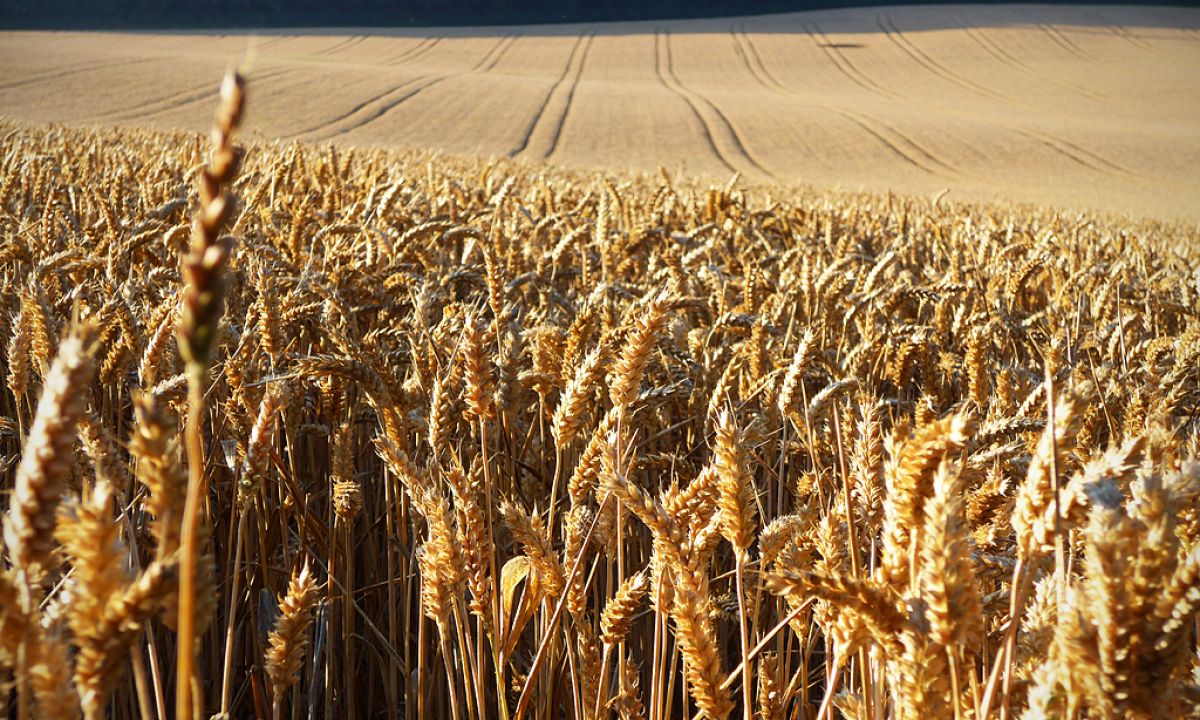Half of Africa’s wheat imports come from two countries: Ukraine and Russia

Since Putin’s illegal invasion of Ukraine, few have acknowledged one of his most barbaric moves yet: the Russian ban on exporting wheat, barley and rye.
“The bullets and bombs in Ukraine could take the global hunger crisis to catastrophic levels… If you think we’ve got hell on earth now, you just get ready.”
– David Beasley, Head of the World Food Programme (speaking to Politico on March 22).
Unsatisfied with the war-crimes of the Russian military, Putin has sought to use grain as a humanitarian weapon – threatening the world’s supply-chain in the hope of relaxing western sanctions. This export ban, intensified by Ukraine’s inability to harvest crops whilst under invasion, has wiped 30% of the world’s wheat supply off the face of the earth. Europe’s ‘bread basket,’ as it is known, is increasingly empty.
The global consequences of this absence cannot be overstated. Initial estimates from the UN food and Agricultural organisation suggest that an additional 8-13 million people worldwide will face undernourishment should this ban and invasion continue.
For some, this prospect is just around the corner. North African nations such as Egypt, Tunisia and Algeria are already experiencing severe food supply strains.
Throughout the previous harvest season (2021), severe drought had denied these countries the opportunity to produce their own food, forcing them to rely heavily on foreign imports instead.
Egypt is the largest importer of wheat on the planet, with the whole of its supply coming from the combatants – 60% from Russia and 40% from Ukraine. Couple this now collapsed supply with the soaring price of wheat – a tonne that cost 150 euros in 2015 now costs 400 euros – and you have the perfect storm.
Surely this can be resolved through solutions within Africa? A recent UN report concludes differently, that “There is limited scope to replace imports from the Russian Federation and Ukraine through intra-African trade”. Simply put, “as the supply of wheat is comparatively small, and many parts of the continent lack efficient transport infrastructures and storage capacity.”
Further eastward, Asia similarly must prepare for serious supply strain. Bangladesh has already seen its wheat prices surge by 38% while Pakistan and Indonesia (the world’s second largest buyer of Ukrainian wheat) will feel similar effects.
Whilst we remain rightly focused on the absolute devastation in Ukraine, politicians must show they are able to hold two ideas in their head at once. Ukraine needs military aid, and the world’s food supply chain needs propping up quickly.
It is not a question of one or the other, it is a matter of action on both right now. With Ukraine’s need for military aid, an energy supply crisis in Europe and world-wide food supply chains under severe stress, one fears that western nations are destined to get caught in limbo. But the wringing of hands will not suffice.
To begin addressing the challenge, world leaders must address the £8 billion shortfall at the World Food Programme (WPF); which understandably has been challenged by the world’s focus on COVID-19, climate commitments and unresolved conflicts. To put it bluntly, it is a shortfall that must be recovered. Yet where is the western leadership on this issue?
France has begun the conversation merely by raising the reality of food shortages, but what is needed urgently is global leadership and global solutions, in which the whole of Europe plays its part.
Without urgent action, the world faces a global food crisis many thought not possible in the 21st century.
If you’d like to donate to the world food programme, click here.







